3 min read
Volunteers Providing Welcome
UGM’s volunteer case managers stand on the frontlines of ministry, offering listening ears and wise counsel to men and women in crisis.
2 min read
Phil Altmeyer, Executive Director
:
Aug 5, 2015 3:25:00 AM
When it comes to failure, the question is not if but when. We all fail. Every. Single. Day. Sometimes those failures are the result of taking healthy risks. We tried something new and the learning curve was steeper than we expected, so we failed. But sometimes, we knowingly, willfully choose to do the wrong thing. We break resolutions. We fall back into old habits. We believe a lie and act on it. We forget that God loves us and we can depend on His power, so we fret and worry and scheme. Some of these failures hurt us. Some of them hurt those around us, quite often the people we love most. All of them disappoint our Heavenly Father.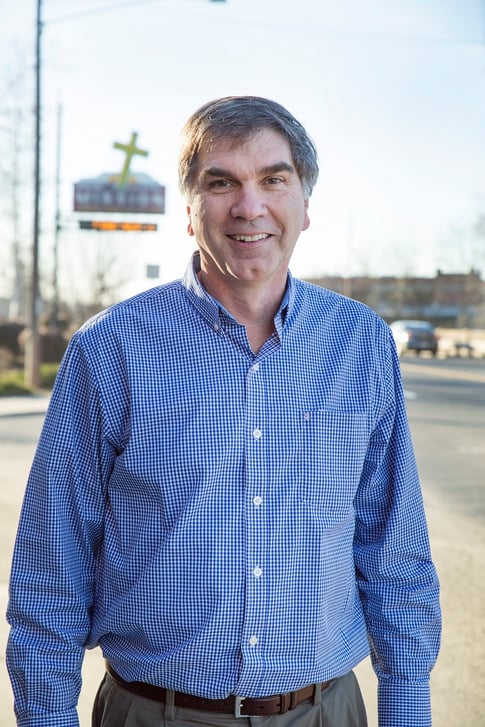 Relapse is a particular kind of failure – a returning to old methods of comfort or escape that the person long ago recognized as destructive – but it’s not exclusive to addicts. When I’m being completely honest, I have to admit that I’m all too familiar with relapse. We have all used something other than God to bring us the meaning, the sense of well-being, the joy that only God can provide. When, after experiencing the love of Christ, we return to those things, that’s relapse.
Relapse is a particular kind of failure – a returning to old methods of comfort or escape that the person long ago recognized as destructive – but it’s not exclusive to addicts. When I’m being completely honest, I have to admit that I’m all too familiar with relapse. We have all used something other than God to bring us the meaning, the sense of well-being, the joy that only God can provide. When, after experiencing the love of Christ, we return to those things, that’s relapse.
I know what it is to walk in the peace and confidence that come from obeying God, but I also know what it feels like to stray from that path. It can be as easy as slipping on an old shoe, one formed to the shape of my foot because I’m the one who formed it. I don’t always recognize it immediately, but in time, the peace is gone, the confidence is gone, and I realize I’ve relapsed into old patterns of behavior. The truly important piece of this discussion is this: What do I do next?
I have a few options, right? 1) Pretend it’s no big deal. Everyone messes up. I just need to try harder. 2) Hide my mistakes. Cover them up, all the while continuing in the same wrong direction. 3) Stop and confess. Seek help from the people who love and care about me. Ask someone to hold me accountable.
Friends, I think we can make it easier to choose #3 by being a community of grace, by not expecting perfection from each other, by being quick to forgive. People who confess their failures are saying, Hey, I messed up, but I don’t want to stay stuck in my old ways. I want to change, and I need your help.
When we expect each other to be perfect, we encourage each other to hide, to cover up, to pretend. When we acknowledge our own weaknesses and failures, we create an environment where others can be honest and ask for help. People in ongoing recovery need environments like that. We all do. ●
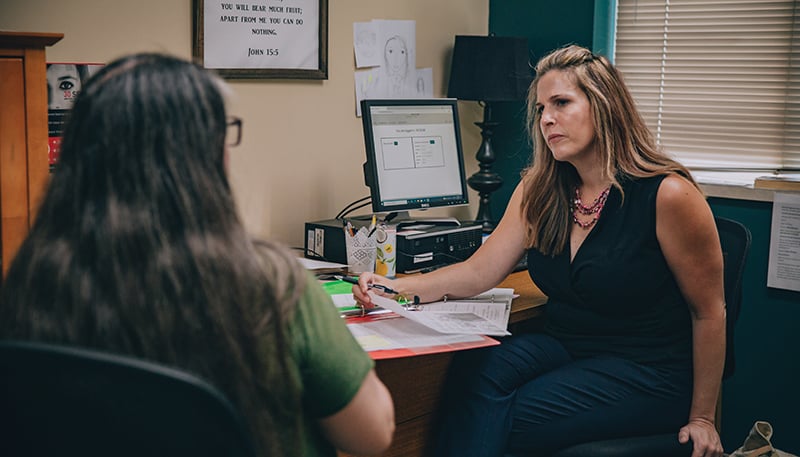
3 min read
UGM’s volunteer case managers stand on the frontlines of ministry, offering listening ears and wise counsel to men and women in crisis.
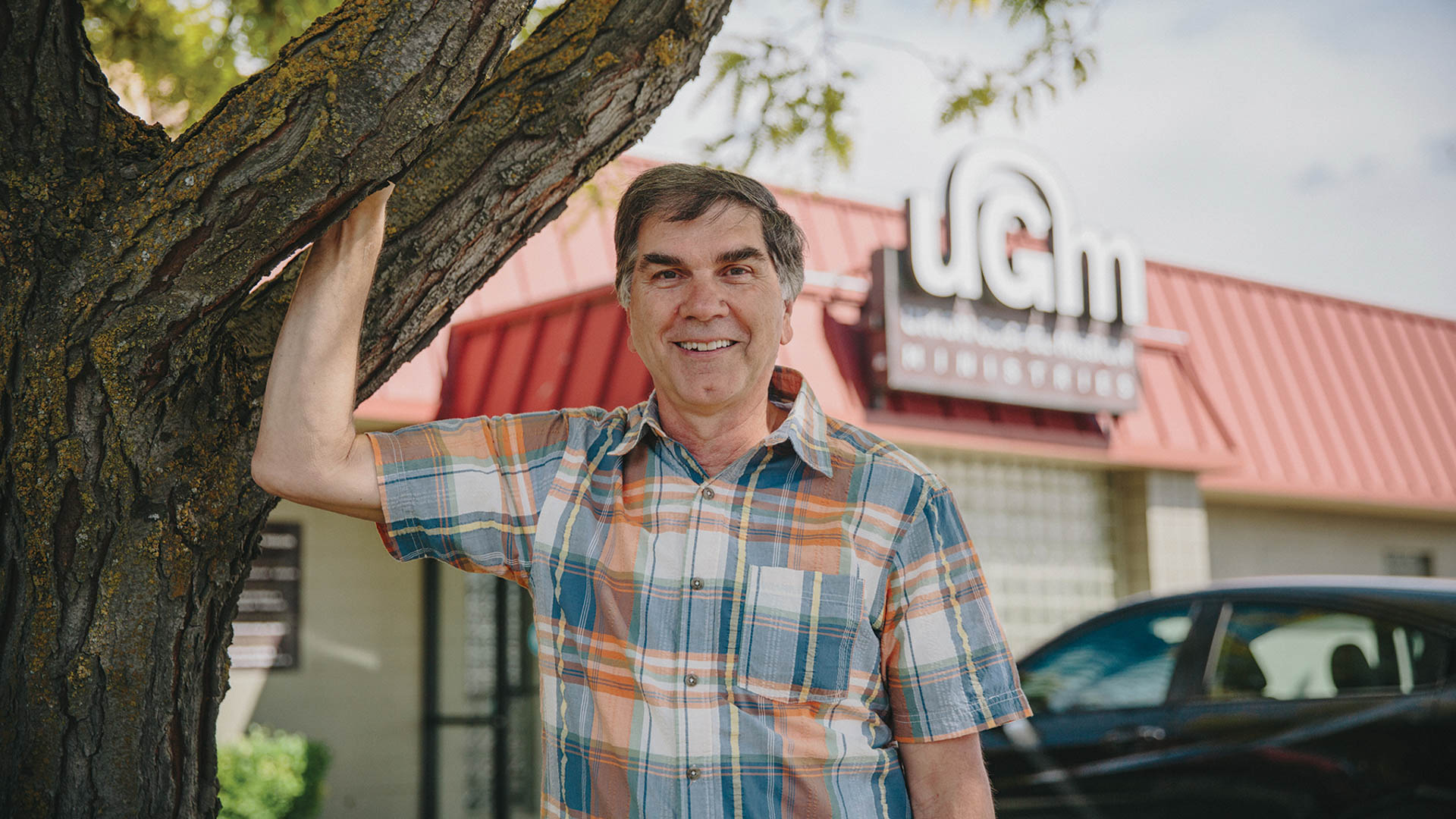
2 min read
We are a forgetful people. We forget how broken the world is in which we live. We forget how much we are loved by a good God. We forget the sinister...

2 min read
Our hope is built on nothing less than Jesus’ blood and righteousness. “The Lord your God is in your midst. A mighty one who will save.” (Zeph. 3:17)...

You showed me grace. Kevin Kevin Schmieder has relapsed twice in the process of recovery. “My first stay at UGM was in 2011. I knew something needed...
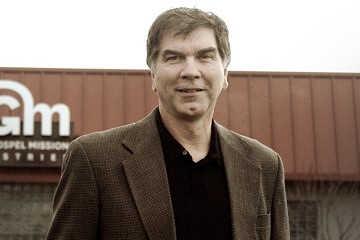
“There, but for the grace of God, go I.” I hear that statement – generally attributed to a 16th century evangelist named John Bradford – all the...
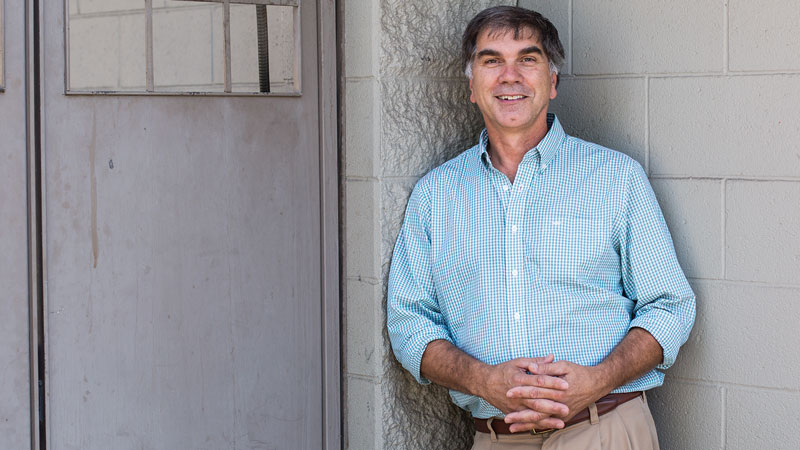
“Above all else, guard your heart, for everything you do flows from it.” - Proverbs 4:23 The heart. What an important, complicated, mysterious thing.